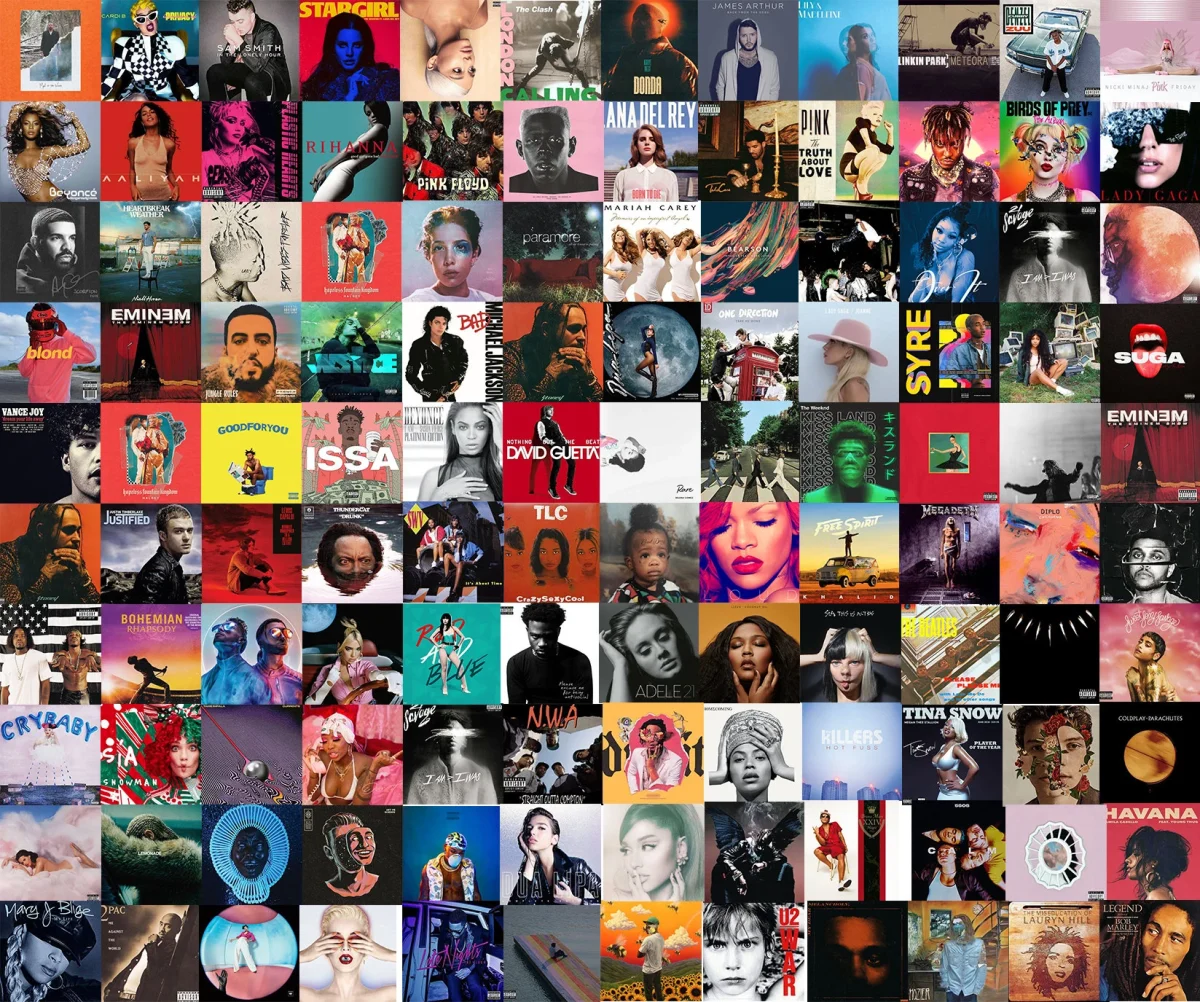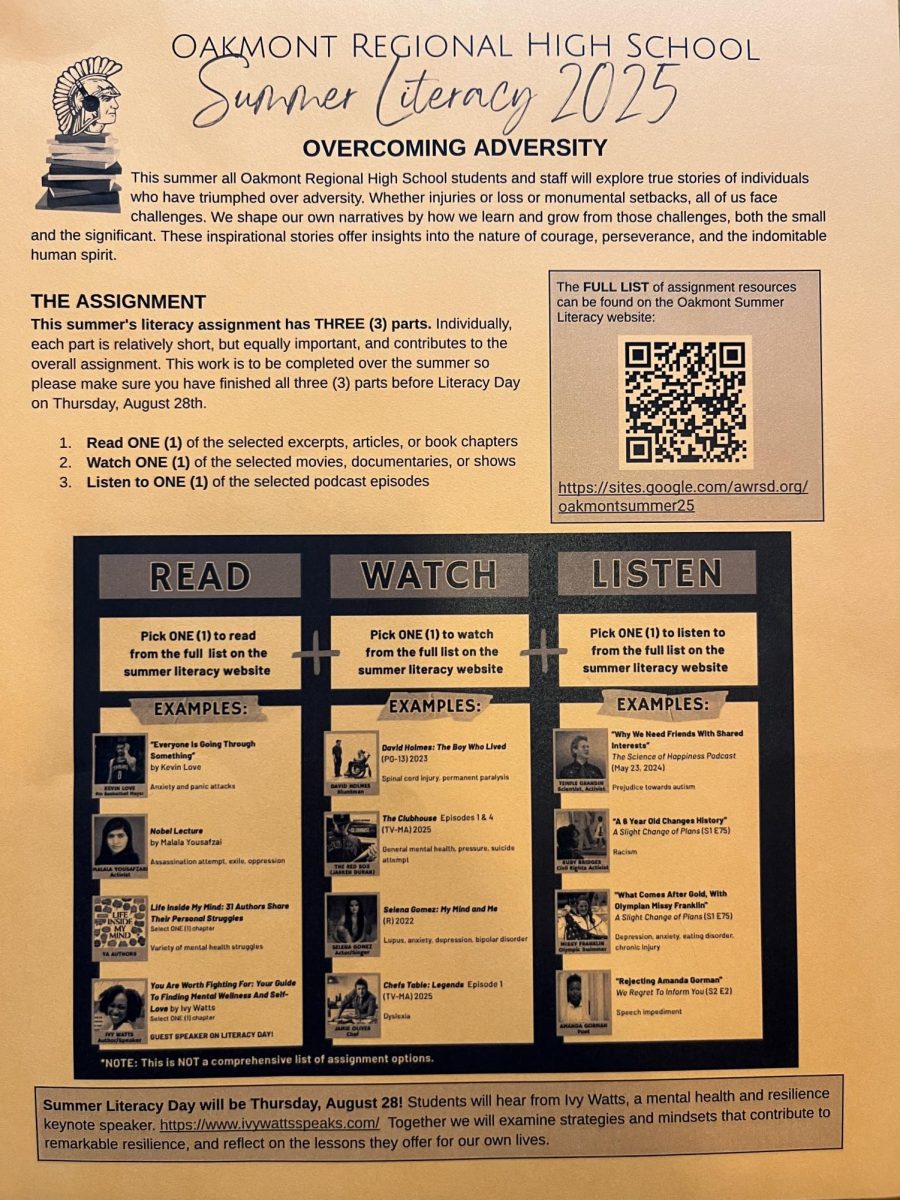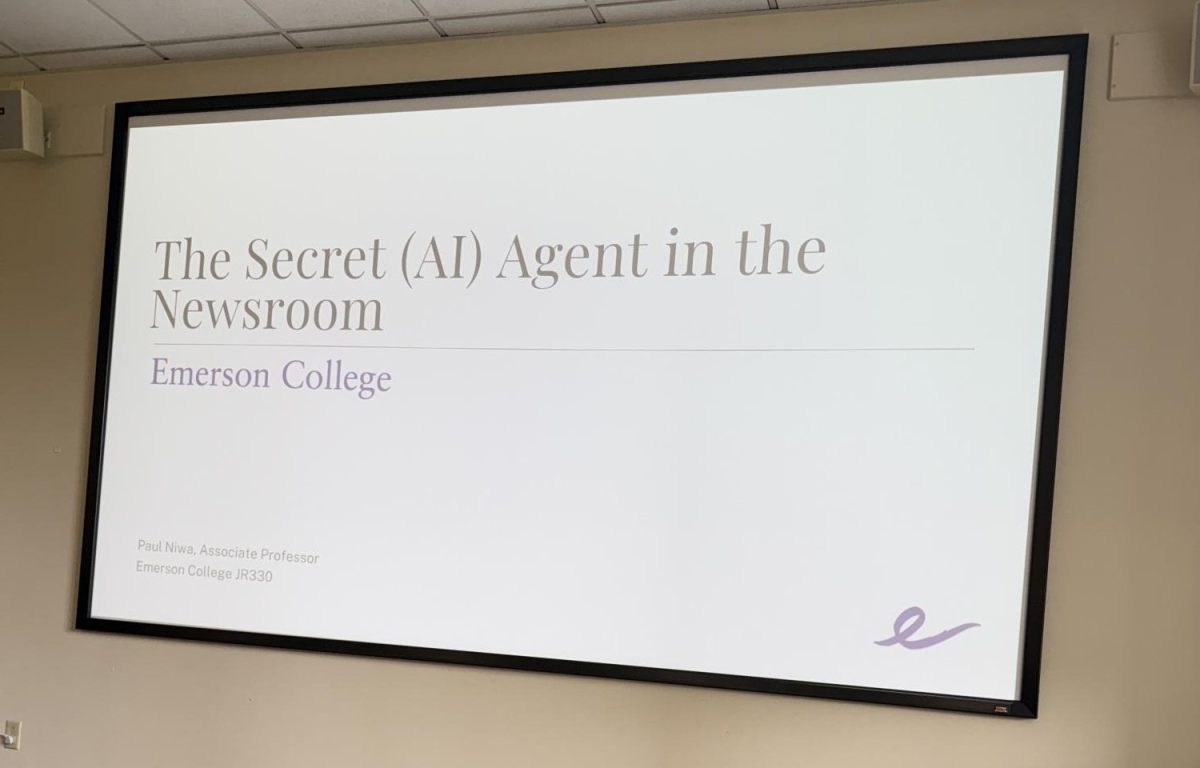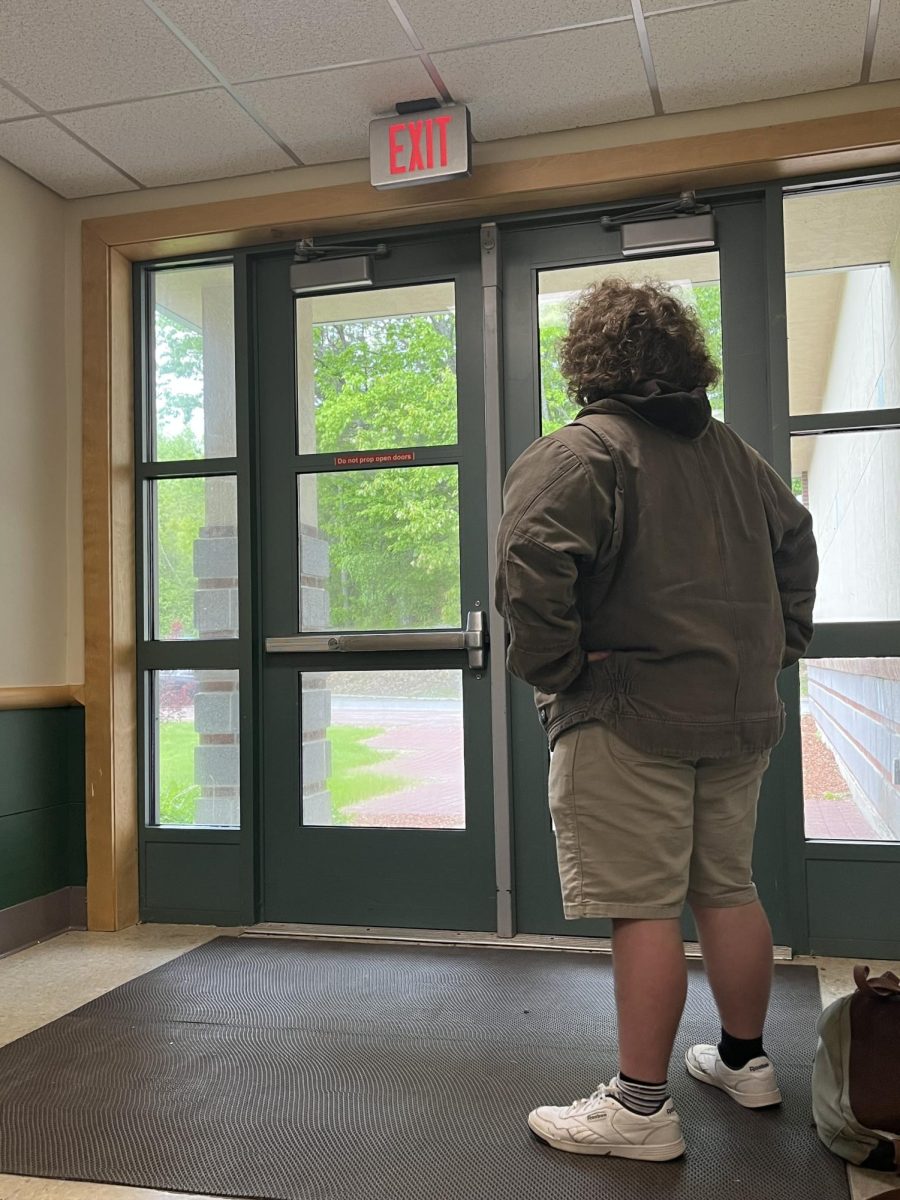How Music Affects Everything
By Michael Harris
Music is considered the universal language. It goes way beyond cultural boundaries and creates many deep emotional responses from people. It could be a catchy song or a good beat music can change our emotions, feelings, and even sometimes our physical health. Research shows that music can have a big impact on your mental health with some positive and negative effects depending on the type of music you are listening to and the time it’s being heard.
One of the biggest effects of music on your mental health is the way it changes your emotions. Research says that music can trigger positive and negative emotions depending on the style of music, tempo, and lyrics (bmcpsychology.biomedcentral.com) For example, a more classical type of music might send you a more calm and peaceful emotion whereas a more fast-paced rock song could bring you energy and excitement. Although on the other side of the coin, there’s also more sad music that if you were to listen to them it might make you feel more lonely or nostalgic. Many case studies show the use of music for therapy. As an example a study made by the American Music Therapy Association was shown to help people with depression who were involved with music therapy and it was shown to significantly lower their symptoms of depression and cause their mood to be lifted. Some people might be asked to either write music based on their emotions or another might be taught about making the actual background music and beats of a song to give them something to do. Music therapy can also help a lot with things like treating trauma. From a study by the Journal of Traumatic Stress, regular people along with veterans that are suffering from PTSD were showing big changes in their symptoms after being in the programs.
Music improves the brain’s ability to take in information, process it much faster, and remember it. As an example classical music has been known in the past to increase your IQ temporarily but later on, it was said that this was not true. Music’s ability to help with memory and remembering things is not doubted at all; it’s been proven, In fact, music can specifically be helpful to people with the Alzheimer’s disease or other types of dementia when people with these diseases listen to certain music that they may have heard from their past it shows much improvement in mood and in memory for them all stated by Northwestern Medicine.
Students show that they listen to music a lot when they need to really focus on something and when they need to be left alone for example my opinion on music is that it can really help people to focus and do their work or just to not procrastinate anymore especially when your in a mood where you don’t want to do anything. Some students say:
¨Music is like chewing gum during a test, It gets you in a good mindset more of a motivational one. When I listen to music while doing my work it makes me more motivated to do it.
I listen to new metal and heavy metal music mostly because it keeps me concentrated. Outside of school I always have music on no matter what if I’m alone, if I’m watching my sisters, if I’m on the game, if I’m at work, anything.
Student Opinion:
With more intense music I find it easier to work because it forces me to focus on my work. Outside of school if I feel stressed out or bad then playing a song might help with that.
Many people find that background music helps them to focus when doing things that need concentration. Healthline.com says that music with a steady rhythm and a normal tempo (what people usually call study music) can improve your attention span and productivity, more so when you’re doing something that involves repeating the same thing or a routine. Music helps to create a more stable environment that helps to keep you focused and from becoming distracted.
Music is also able to be used as something to make more social opportunities and to make stronger connections with people by using it as a topic of conversation. It can also bring people together with things like bands and different clubs that involve music where people come together to play or sing with each other. Some may even use music to do physical activities like going to the gym or their sports. The National Center for Health Research says that listening to music when you’re exercising can relieve boredom and improve the quality of your workout by giving you higher stamina and improving your mood. Specifically, music that’s motivational is shown to have physiological effects on you.
Being defined by music seems like it doesn’t make any sense until you look further into it. For example in 2018 there was a study on facebook where they looked at peoples likes and the users with more open mindedness had more videos liked about classical, jazz, and opera music.People with more sociability liked genres like country and folk music while people that were high in agreeableness were not drawn to any specific type of music but instead just liked music in general.
Music is more than just music, it’s a strong thing that can change emotions, sociability, and your physical well being. It has the power to heal, connect, and inspire people. As we explore music more we open ourselves up to the benefits that music has before reading this article many people most likely didn’t think of music as anything more than just something they would put on too have the sound of it in the background while they do things in their day to day lives but now i hope it’s apparent that music is doing a lot more for you than just being something to make sure you don’t get the feeling of boredom every now and then.
















